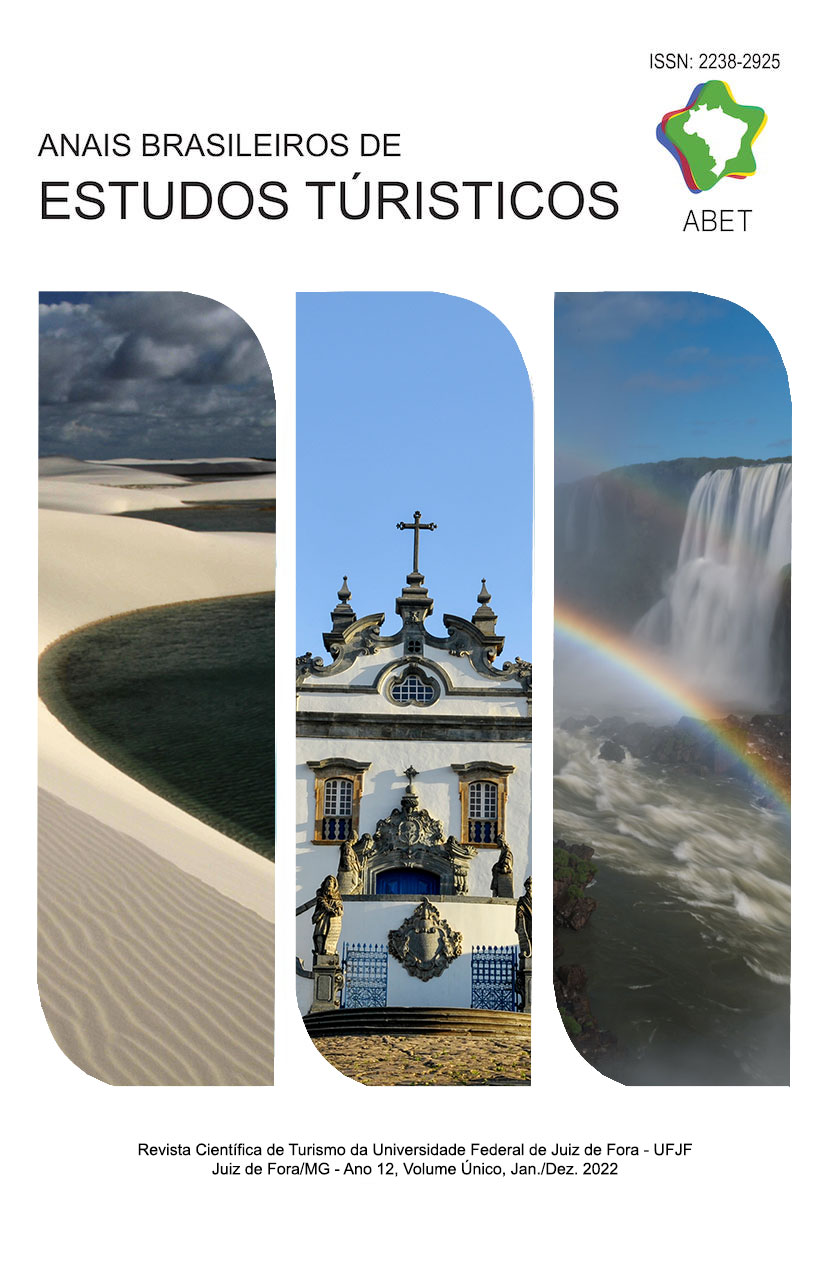Innovation in Services in the Tourist Sector: a Case Study in the Tents of “Praia do Futuro” (Fortaleza-Ceará-Brazil)
DOI:
https://doi.org/10.5281/zenodo.6415099Keywords:
Tourism Management, Innovation, Tourist equipment, Beach stalls, Praia do FuturoAbstract
This research aims to identify the main innovations implemented in the stalls of Praia do Futuro in Fortaleza (CE). The search for innovation of companies from different economic sectors aims to remain competitive, as well as meet customer expectations and needs in a satisfactory manner. In the tourism sector, innovation aims to provide the customer with a pleasant experience, stimulating the return to the tourist destination. The Praia do Futuro stalls, tourist attraction of Fortaleza destination, must be prepared to implement innovations that make its customers loyal through the quality and diversity of its services. This way, exploratory and descriptive research was carried out, with the application of a questionnaire in 31 stalls of the 60 existing stalls in Praia do Futuro. The results show that providing customer satisfaction is the most important reason to innovate, because the satisfied customer can attract new customers by disclosing the good service and, consequently, influence the increase in the profit of the stalls.
Downloads
Downloads
Published
How to Cite
Issue
Section
License
Copyright (c) 2022 Anais Brasileiros de Estudos Turísticos

This work is licensed under a Creative Commons Attribution 4.0 International License.
This journal provides immediate open access to its content, following the principle that providing free scientific knowledge to the public provides greater democratization of world knowledge.
Authors must agree to the following terms relating to copyrights:
(a) Authors keep all copyright and grant the to the journal the right of first publication, with the work simultaneously licensed under the Creative Commons Attribution License that allowing job sharing with recognition of authorship of the work and initial publication in this journal.
(b) Authors are allowed to assume additional contracts separately, for non-exclusive distribution of the version of the work published in this journal (e.g. publish in institutional repository or book chapter), with recognition of authorship and initial publication in this magazine.
(c) Authors are allowed and are encouraged to publish and distribute their work online (e.g. in institutional repositories or on your personal page) since they do not do this before or during the editorial process, as this can generate productive interchange, as well as increase the impact and citation of work aired. (See Effect of Free Access).















